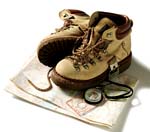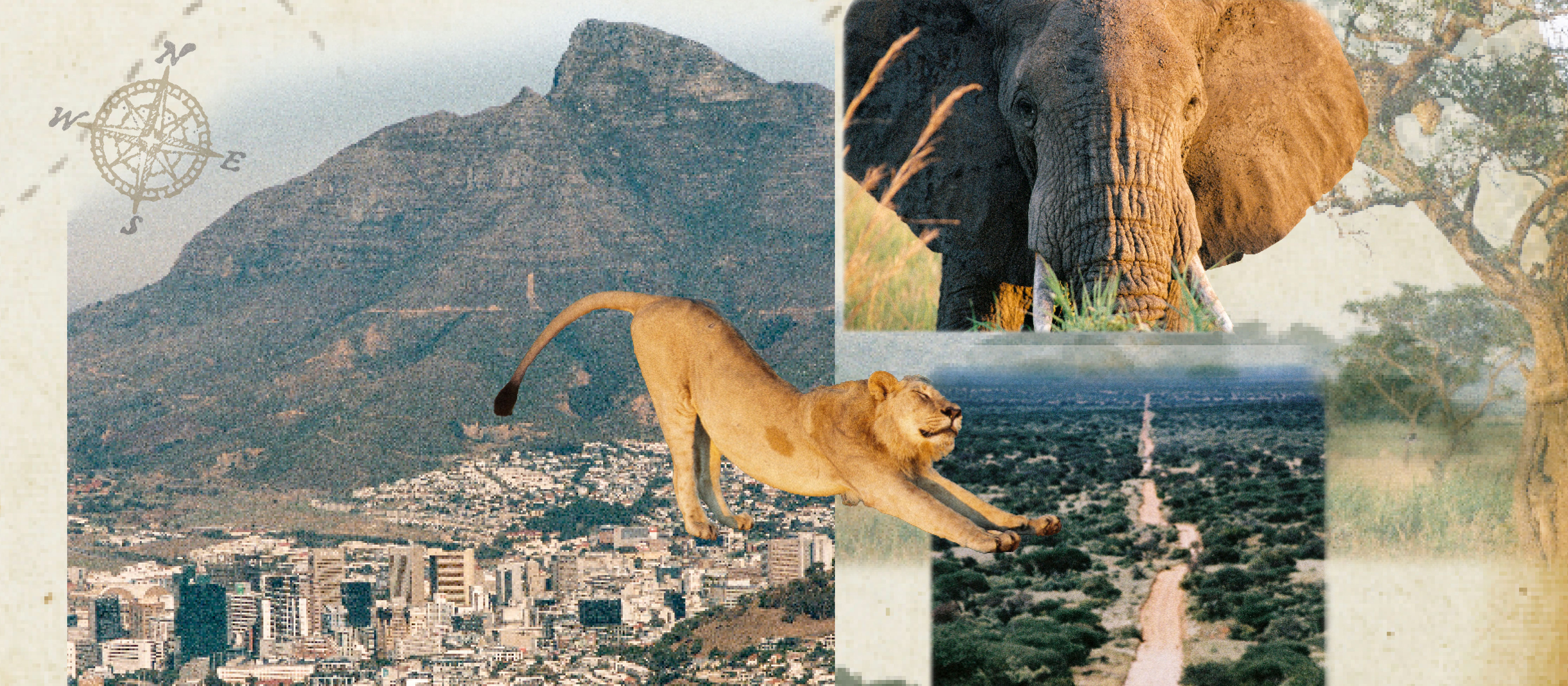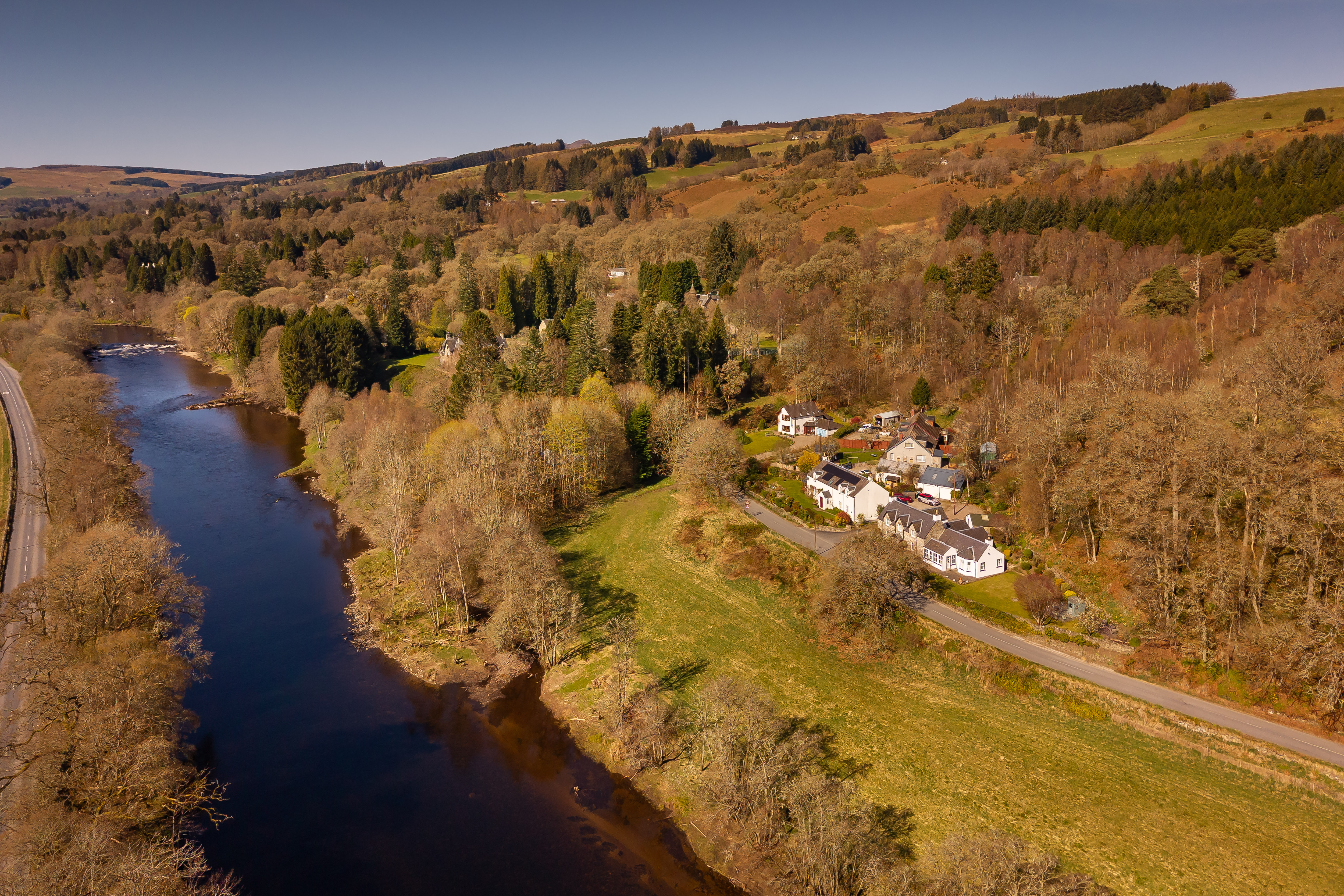Book review: Best books for walkers
Jason Goodwin recommends a clutch of new books on the them of walking the British Isles


To order any of the books reviewed or any other book in print, at
discount prices* and with free p&p to UK addresses, telephone the Country Life Bookshop on Bookshop 0843 060 0023. Or send a cheque/postal order to the Country Life Bookshop, PO Box 60, Helston TR13 0TP * See individual reviews for CL Bookshop price.
Walking
The Old Ways: A Journey On Foot Robert Macfarlane (Hamish Hamilton, £20, *£16.50)
The Green Road Into The Trees: An Exploration Of England Hugh Thomson (Preface, £18.99, *£15.99)
Ramble On: The Story Of Our Love For Walking Britain Sinclair McKay (Fourth Estate; £14.99, *£12.99)
Walking Home: Travels With A Troubadour On The Pennine Way Simon Armitage (Faber, £16.99, *£14.99)
Sign up for the Country Life Newsletter
Exquisite houses, the beauty of Nature, and how to get the most from your life, straight to your inbox.
Robert Macfarlane's The Old Ways: A Jour-ney On Foot completes what he describes as ‘a loose tri-logy on landscape and the human heart'. If his earlier book The Wild Places was about aloneness, The Old Ways is about connectedness-the silvery sand Broomway that links Essex to Foulness at low water, the chalk high roads of pre-Roman Britain, or the Palestinian footpaths that run through and between the geopolitics to root Raja Sheha-deh to his country and its past.
Mr Macfarlane's old ways include sea lanes, especially those that criss-cross the Western Isles. Sailing across The Minch, he invites us to turn the map inside out and see the navigable ocean as a great continent of solid pathways, linking settlements along its shores: one consequence is that ‘matter and culture spin to the edges. The centre is emptied and the margins become central... standing at the heart of a trade and pilgrimage network'.
The sea roads dissolve as they are made. As a result, they lend themselves to song as much as poetry-to the shifting cadences of tune and metre, every journey a new one: as Ian Stephen of Lewis tells him, ‘a song is different every time it's sung, and variations of wind, tide, vessel and crew mean that no voyage along a sea route will ever be the same'.
Etched on the landscape by collective action over time, paths on the ground act as a collective memory. Like poems, paths are a mnemonic creation, a litany of associations. One thinks of the creative lists in Edward Thomas's poems, the names of villages and fields, the guises of old Lob, the birds of Oxfordshire and Gloucestershire, like the rhythmic strikes of a ferrule.
Thomas looms large in this book. He was a great walker, and his ‘hack work', as he called it, was nature writing before Robert Frost turned him on to poetry by showing him how his prose had got there before him. Mr Macfarlane follows his walking chapters with a brief excursion to northern France, and the conditions of Thomas's death in the trenches-killed by the concussive blast wave of a shell, with not a mark on him.
It was unnecessary, as Thomas was too old to be conscripted, but Mr Macfar-lane speculates on the life path that took him to the Front-as he does, too, for the English painter Eric Ravilious, following some deep calling to the frozen north, leaving the chalk hills for a wartime disappearance in Iceland. The pathway as a metaphor for life is obliquely stated; Mr Macfarlane is more interested in walks being journeys inward than geographies.
So he notes how pilgrimages have become fashionable again, ‘pilgrimage numbers steadily increasing even as churchgoing figures steadily fall', and takes the Camino de Santiago from Madrid, through Segovia. From there, he moves on to sacred mountains in Tibet before returning to the Wiltshire Downs and Thomas again. The Old Ways is a big, intense meditation on walking, which, like any decent ramble, has some tough going and plenty of rewards en route.
Mr Macfarlane drops onto the Icknield Way, running from Dorset to Norfolk, but in The Green Road Into The Trees, the writer and film-maker Hugh Thomson follows it from coast to coast, fresh from a long engagement with South America. He has good things to say everywhere-how Cobbett loved a good disappointment, for instance, or how Stonehenge might be reopened so that walkers could reach it across the sacred downs, like hikers to Machu Picchu. He records more than impressions: there are fascinating excursions into neglected areas of British history, and conversations with hippies, travellers and farmers, which makes Mr Thomson's journey, too, a joy to follow.
Sinclair McKay's Ramble On chronicles the changing relationship between landowners and roamers, and branches out into B&Bs, Wordsworth, Wainright, shifting patterns of class and the history of walking togs. In Walking Home, Simon Armi-tage gets off on the right foot with his account of a three-week hike, stopping every night at hostels, pubs and people's homes to give poetry readings. Some-times, it's a handful, usually a crowd; each time, Mr Armitage carefully counts the take, wraps it up in an old sock, and trudges off next morning into the hills and the mist. It's a book as likeable as the poet himself, funny, curious and tenderly observed.
to Country Life and save £60
Country Life is unlike any other magazine: the only glossy weekly on the newsstand and the only magazine that has been guest-edited by HRH The King not once, but twice. It is a celebration of modern rural life and all its diverse joys and pleasures — that was first published in Queen Victoria's Diamond Jubilee year. Our eclectic mixture of witty and informative content — from the most up-to-date property news and commentary and a coveted glimpse inside some of the UK's best houses and gardens, to gardening, the arts and interior design, written by experts in their field — still cannot be found in print or online, anywhere else.
-
 Vertigo at Victoria Falls, a sunset surrounded by lions and swimming in the Nile: A journey from Cape Town to Cairo
Vertigo at Victoria Falls, a sunset surrounded by lions and swimming in the Nile: A journey from Cape Town to CairoWhy do we travel and who inspires us to do so? Chris Wallace went in search of answers on his own epic journey the length of Africa.
By Christopher Wallace
-
 A gorgeous Scottish cottage with contemporary interiors on the bonny banks of the River Tay
A gorgeous Scottish cottage with contemporary interiors on the bonny banks of the River TayCarnliath on the edge of Strathtay is a delightful family home set in sensational scenery.
By James Fisher